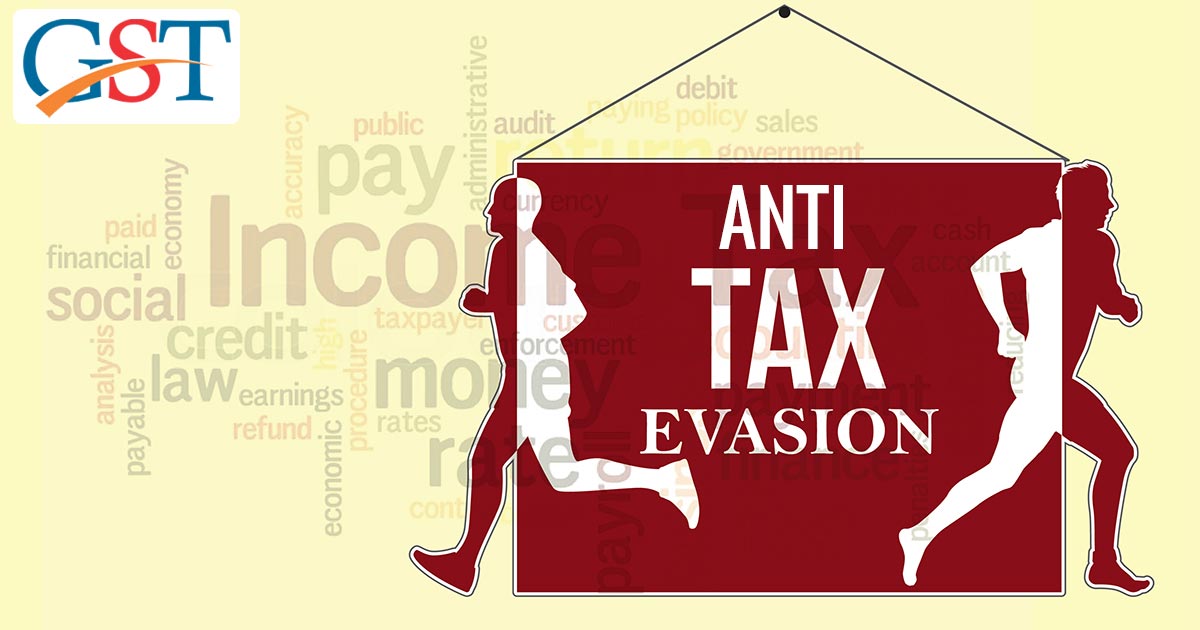After normalizing the GST rates in the first phase of GST rollout, now the GST is paying heed in the next phase to anti-tax evasion. After the taxmen going after the tax evaders last week to implement the e-way bill as dated on 1 April, the government has hinted that it will no longer be easy on tax evaders after nine months of GST roll out.
It is also seen to quick the procedure of grabbing fraud analytics providers to grind GST data to pay attention for unknown and known patterns of tax evasion. This comes into effect when the government doubts massive tax evasion under the GST regime that was implemented on 1 July.
Recently it was found that many of the traders sought tax evading methods for stealing taxes under GST. With cash transactions to kaccha bill, traders made ways for them to save some taxes.
It has the valid returns data which was available with the GSTN and it hinted the instances of knowing the value of transactions via a conspiracy of sellers and buyers, utilizing the same email ID to get different registrations through states to escape tax and instances where taxes are gathered from consumers but not conferred to the tax authorities.
Read Also: Major Reasons: Why Taxpayers Avoiding GST Returns Filing?
In a press conference, finance secretary Hasmukh Adhia mentioned as well that the main focus of the government will be on making compliance easy so that taxpayers can settle into the GST regime. He further said that taxmen will go after the tax evaders and initiate for conducting routine checks on trucks to watch if e-way bill document is in a line.
E-way bill a document generated electronically in order to make the movement of goods within the state or another state and it makes sure that there is no transaction remaining which is not covered by the report.
The government wishes that these changes will assist in enhancing buoyancy of GST revenues that come under the range between Rs 85,000-90,000 crore per month.
Some other anti-evasion measures that are in line comprise a reverse charge mechanism which concerns large registered buyers to pay tax from the small unregistered trader’s side and matching of invoices of buyers and sellers.










